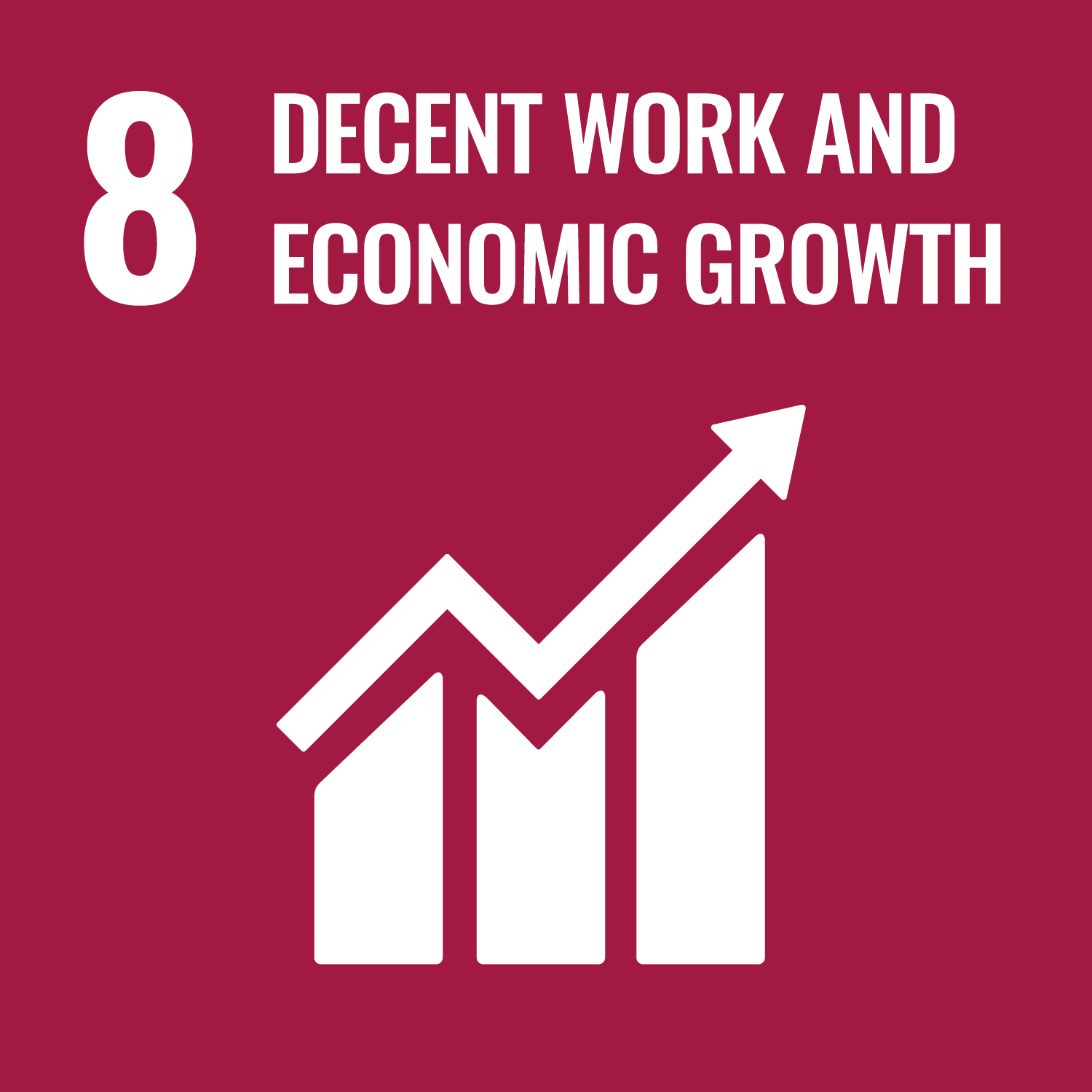This paper examines the legal protections afforded to people with diverse SOGIESC in ILO member states in relation to employment discrimination. The paper outlines relevant international and regional human rights law treaties, the supervisory observations of treaty bodies, action taken by the UN and the ILO, and protections in national laws.
The paper begins by providing an overview of the discrimination faced by LGBTI+ persons in ILO member states. The paper then outlines international human rights law frameworks against discrimination with regard to people with diverse SOGIESC. The Universal Declaration of Human Rights (UDHR), nine principal human rights treaties and Convention No. 111 are highlighted as the most relevant frameworks. The paper notes that none of the international human rights conventions directly refer to people with diverse SOGIESC. The Yogyakarta Principles are considered the most influential soft law on the protection of people with diverse SOGIESC.
The paper then outlines the application of human rights protections for people with diverse SOGIESC by international human rights treaty bodies. The protection of LGBTI+ persons against discrimination by regional human rights treaties and other organisations are analysed by region (the Americas, Europe, Africa and Asia). Protections against employment discrimination in national laws are then discussed. Lastly, the paper examines the protection against discrimination on the grounds SOGIESC in the work of the Committee on the Application of Conventions and Recommendations (CEACR) and other ILO research and reports.








